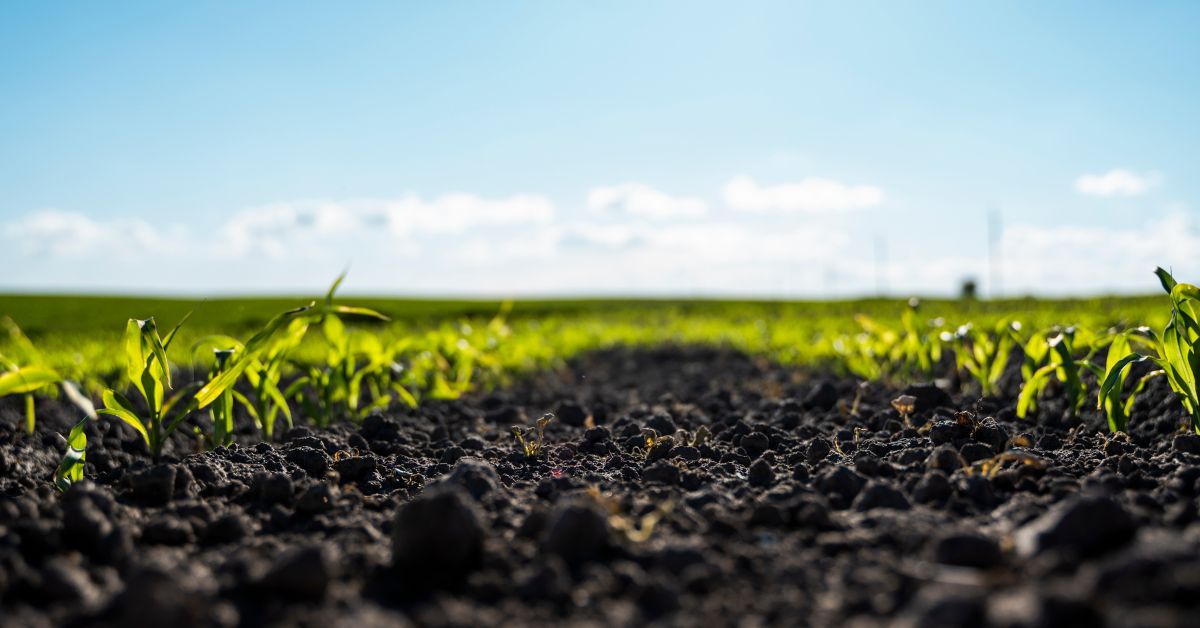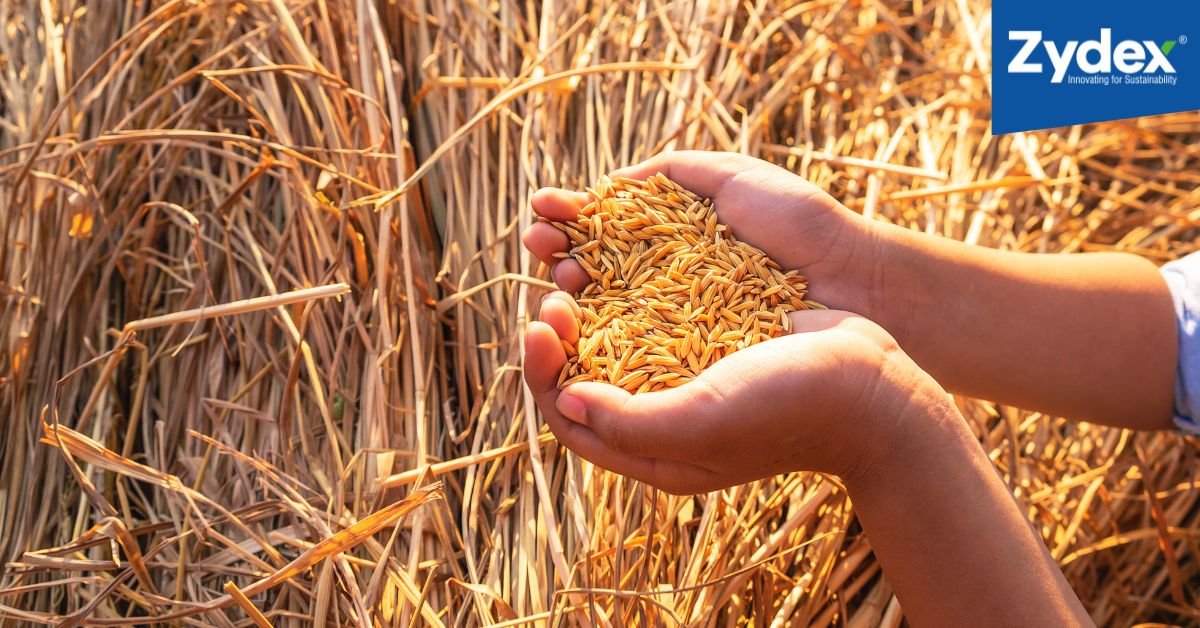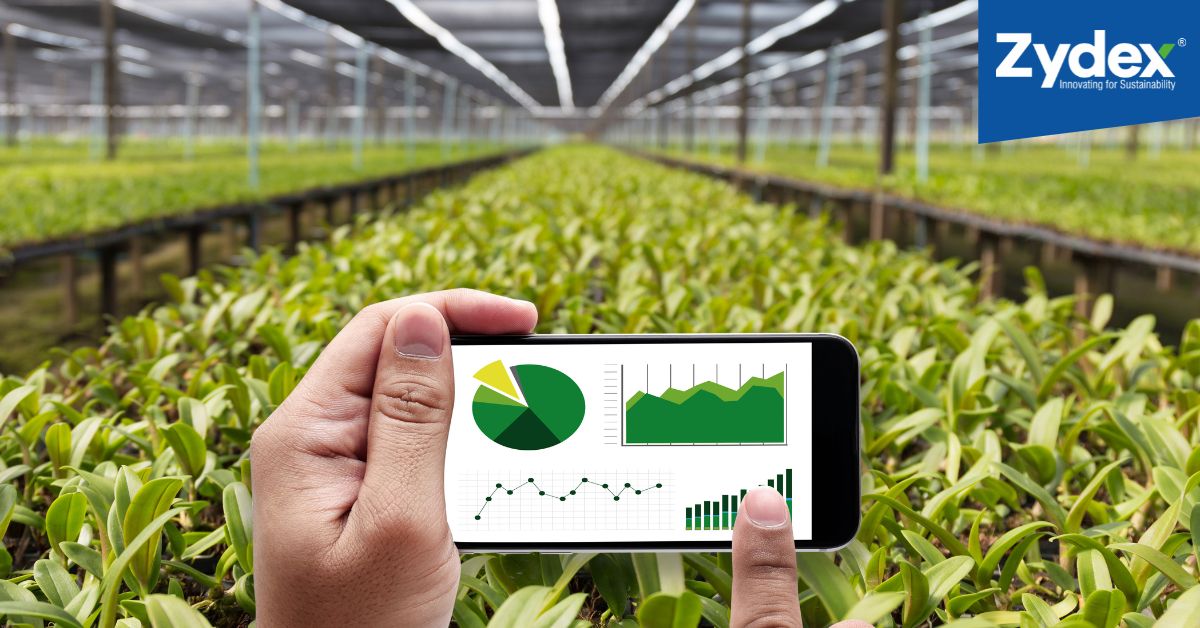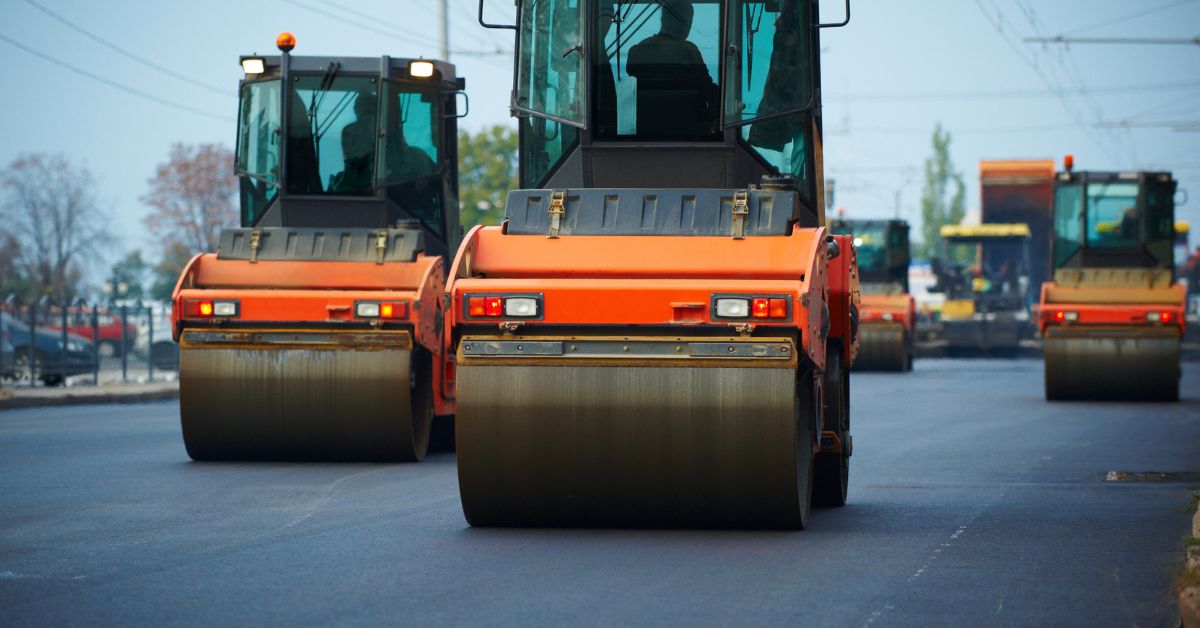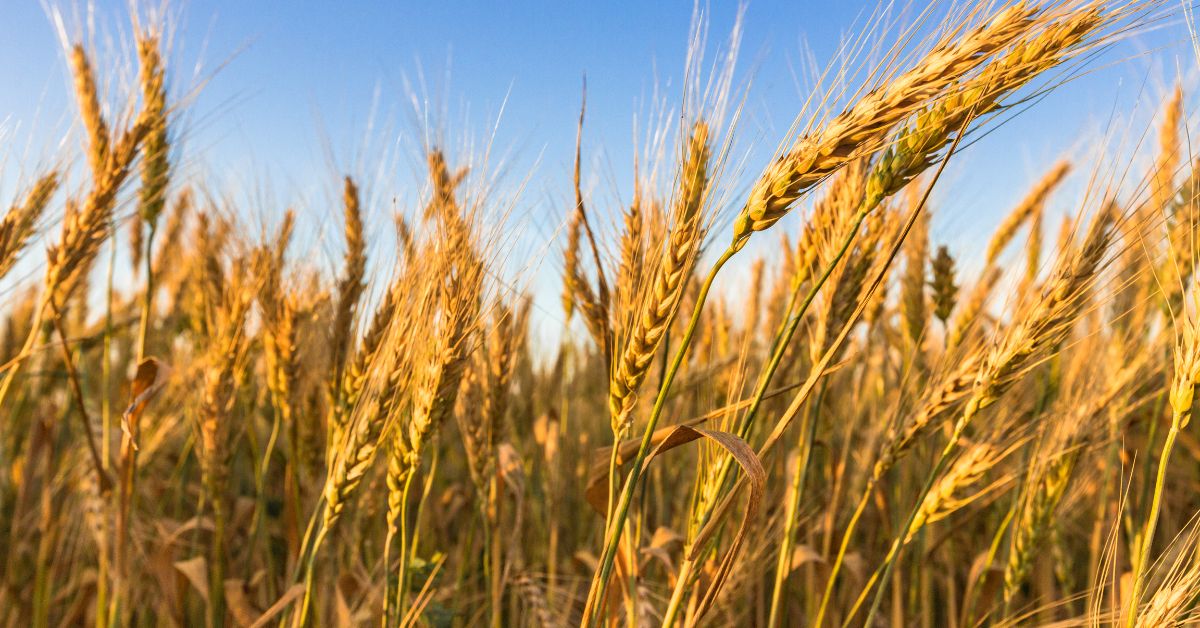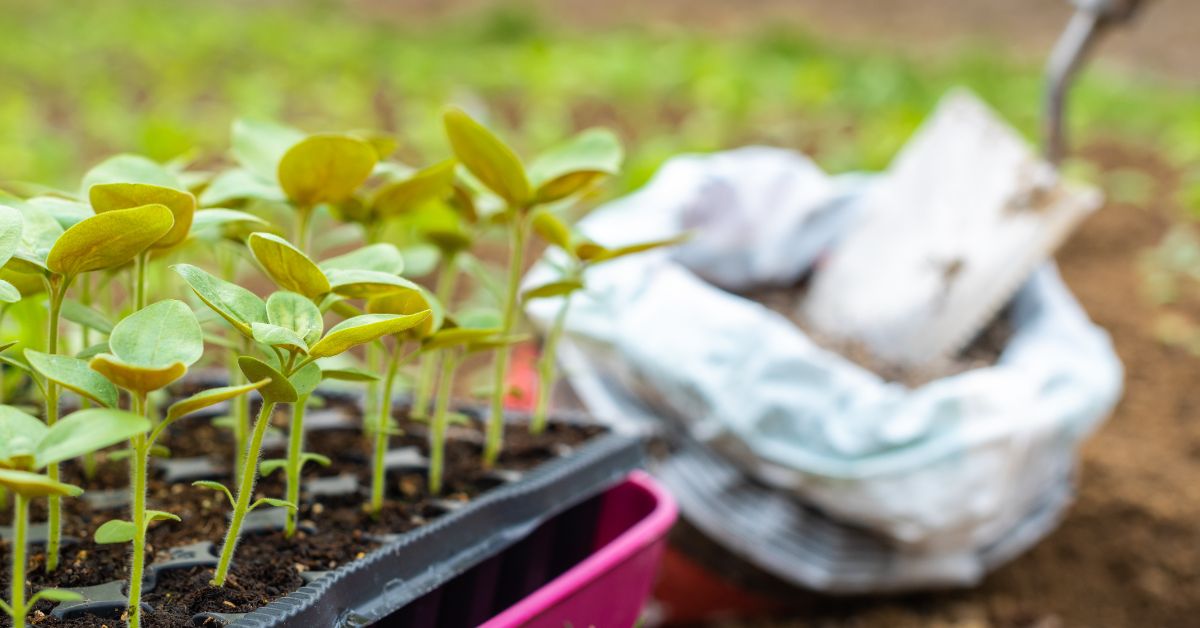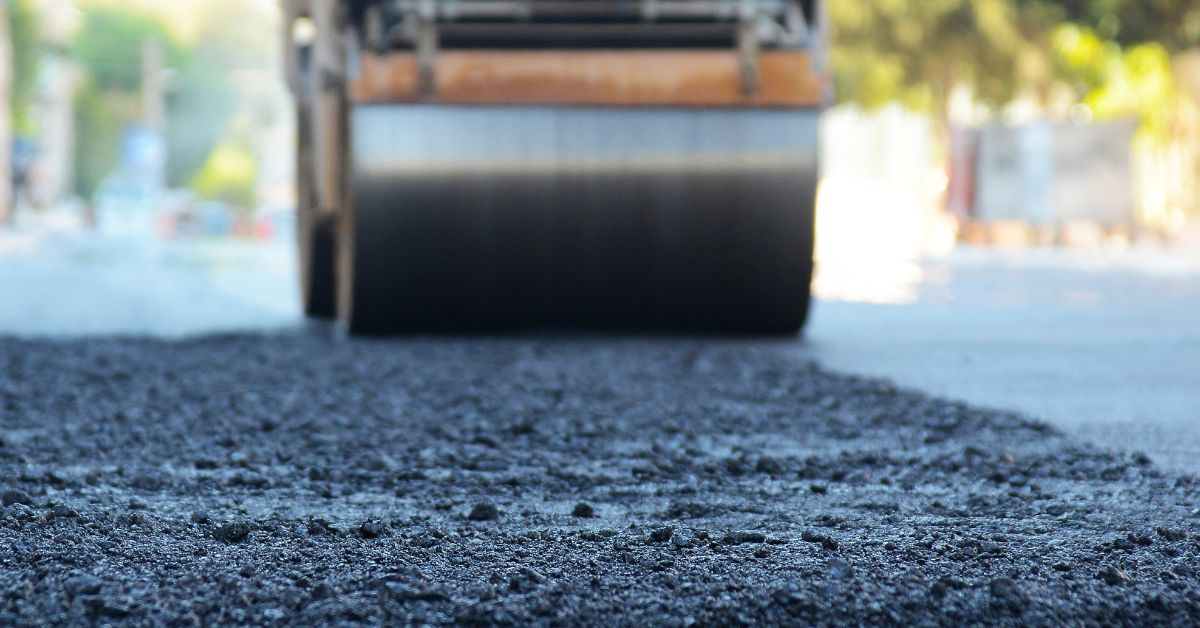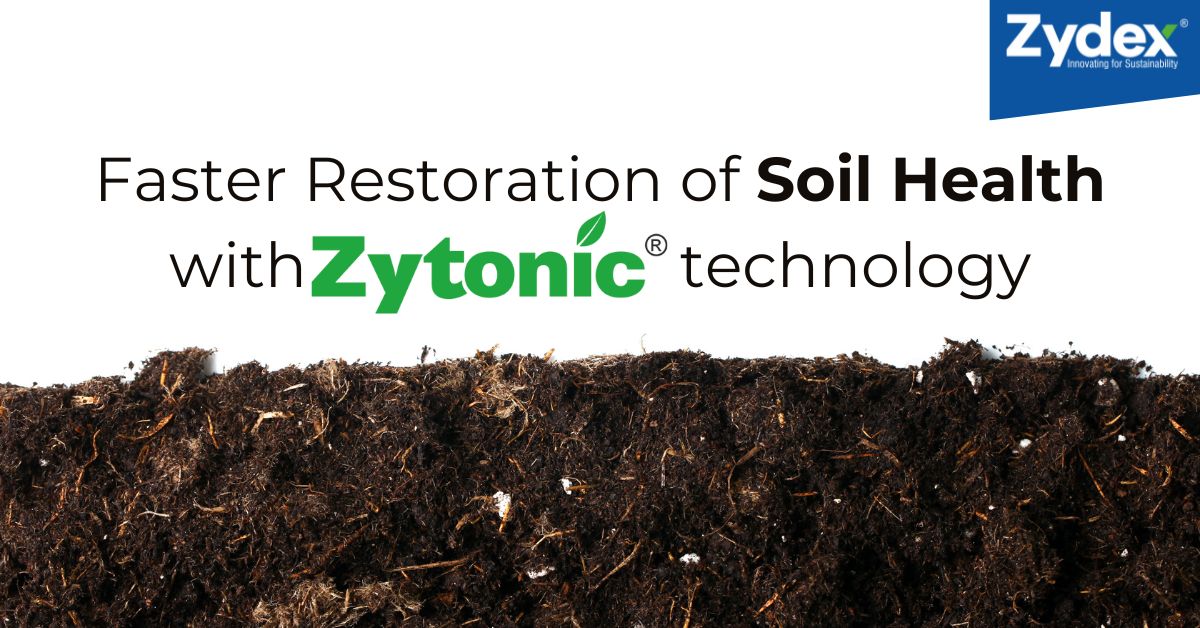Sustainable farming is a cornerstone of our future. Central to this is the health of our soil, a complex ecosystem teeming with life. Overuse of chemical fertilizers has depleted this life force, leaving our fields barren and unproductive.
The key to revitalization lies in the soil’s forgotten heroes: fungi. Mycorrhizal fungi, in particular, form symbiotic relationships with plant roots, enhancing nutrient uptake and water retention. Zydex has harnessed this power to create a revolutionary solution.
The Problem:
- Excessive tilling of land & use of chemical fertilizers & pesticides
- Declining soil fertility due to loss of fungal biomass
- Inefficient use of organic manure, leading to nutrient loss
- Loss of organic matter in our soils
The Zydex Solution:
Zydex has developed a ground breaking process to transform ordinary cow and buffalo manure (FYM) into a nutrient-rich, odorless, and free-flowing compost in just 30-45 days through fungal bio-digestion. This is achieved through the magic of fungal consortia with static composting without watering repeatedly.
- Fungal Powerhouse: Zytonic Godhan, a microbial inoculant, is the catalyst for this transformation. It activates beneficial fungi that break down tough organic matter into humus, a vital component of fertile soil.
- Rapid Compost Creation: The process is simple: mix Zytonic Godhan with semi-dried manure, cover the pile, and let nature do its work. The result is a compost that is superior to traditional vermicompost.
- Soil Transformation: Applying this compost to your fields works wonders. This FYM enrichment process improves soil structure, water retention, and nutrient availability, leading to better germination, higher plant survival, and reduced reliance on chemical inputs.
Benefits to Farmers:
- Increased crop yields and quality
- Improved soil health and structure
- Reduced water usage due to better roots growth & dense hyphae network
- Cost savings from reduced fertilizer use
- Easier application of compost due to its free-flowing nature
By embracing the power of fungi and sustainable practices, farmers can not only boost their productivity but also contribute to a healthier planet. Zydex’s innovative fungal bio-digestion process transforms FYM into nutrient-rich, humus-rich compost, revolutionizing FYM enrichment. This sustainable approach to agriculture is a cornerstone for a thriving future.


